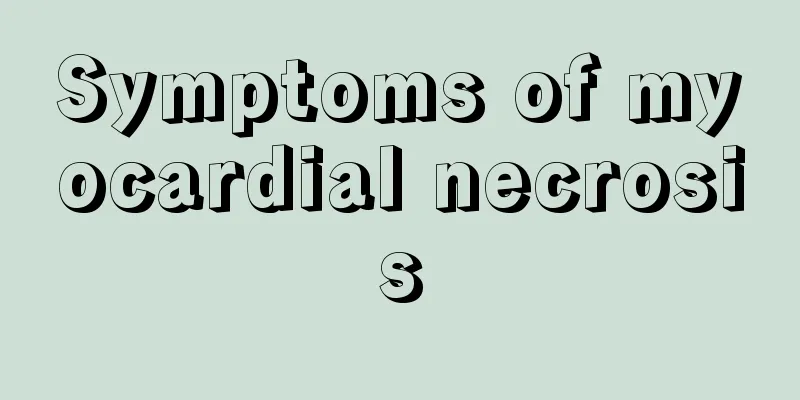What is the cause of gastric cancer

|
Among gastrointestinal diseases, gastric cancer is the most threatening disease to the human body. If this disease is not treated actively in the early stage of the disease, it will be very difficult to cure it in the later stage, and the mortality rate of this disease is extremely high. Therefore, for this disease, we must actively prevent it. So, what are the causes of gastric cancer in life? (1) Regional environment and dietary factors There are obvious regional differences in the incidence of gastric cancer. The incidence of gastric cancer in the northwest and eastern coastal areas of my country is significantly higher than that in the southern region. The incidence of distal gastric cancer is high among people who have long consumed smoked, roasted, and salted foods, which is related to the high content of carcinogens or pro-carcinogens such as nitrites, fungal toxins, and polycyclic aromatic hydrocarbons in food; smokers have a 50% higher risk of gastric cancer than non-smokers. (2) Helicobacter pylori (Hp) infection The Hp infection rate among adults in high-incidence areas of gastric cancer in my country is over 60%. Helicobacter pylori can promote the conversion of nitrates into nitrites and nitrosamines, which are carcinogenic; Hp infection causes chronic inflammation of the gastric mucosa, and environmental pathogenic factors accelerate the excessive proliferation of mucosal epithelial cells, leading to aberration and carcinogenesis; the toxic products of Helicobacter pylori, CagA and VacA, may have a carcinogenic effect, and the detection rate of anti-CagA antibodies in gastric cancer patients is significantly higher than that in the general population. (3) Precancerous lesions Gastric diseases include gastric polyps, chronic atrophic gastritis, and residual stomach after partial gastrectomy. These lesions may be accompanied by varying degrees of chronic inflammation, gastric mucosal intestinal metaplasia or atypical hyperplasia, and may turn into cancer. Precancerous lesions refer to pathological histological changes in the gastric mucosa that are prone to canceration. They are borderline pathological changes in the process of transformation from benign epithelial tissue to cancer. (4) Heredity and genes Genetic and molecular biological studies have shown that the incidence of gastric cancer in blood relatives of gastric cancer patients is 4 times higher than that in the control group. The carcinogenesis of gastric cancer is a multi-factor, multi-step, and multi-stage development process involving changes in oncogenes, tumor suppressor genes, apoptosis-related genes, and metastasis-related genes, and the forms of gene changes are also diverse. |
<<: What does stomach cancer look like when it appears
>>: Can Traditional Chinese Medicine treatment of colorectal cancer help with bowel movements?
Recommend
What should not be eaten with papaya?
Papaya tastes sweet and is rich in nutrients. It ...
The most authoritative hospital for the treatment of gastric cancer
There are only a handful of the best gastric canc...
Are nuts easy to digest?
As people study and discover, nuts contain a vari...
What are the methods of using sanitary napkins
A good partner that every woman who has not reach...
Tips on how to remove moles in 1 day
If there are spots or moles on the face, it will ...
Can I have sex when my due date is approaching?
It is best for women not to have sex during the e...
The right side of my head is throbbing with pain
The human brain is a part of the body with a very...
What are the daily care methods for lung cancer patients? There are 4 points for daily care methods for lung cancer patients
When a lung cancer patient is diagnosed, it is a ...
My knee was hit for a long time and it still hurts
The knees are very important joints in our body. ...
How to remove scale from electric water heater
Electric water heaters need to be cleaned regular...
How to remove eye bags
Eye bags make a person look at least ten years ol...
What are the obvious symptoms of early gallbladder cancer?
What are the symptoms of gallbladder cancer? The ...
What is the method to adjust the acid-alkalinity to give birth to a boy?
With the development of society, young couples no...
What are the typical symptoms of pituitary tumors
Pituitary tumor is one of the main tumors occurri...
Can rectal cancer metastasize to the prostate?
After rectal cancer develops, it has a great impa...









